Surrogacy Laws & Process in Hawaii

Understanding the Surrogacy Process in Hawaii
Hawaii is considered a favorable state for surrogacy due to its legal protections and established practices. The process of surrogacy in Hawaii begins with finding a qualified surrogate and ensuring that all necessary legal, medical, and psychological steps are followed. Intended parents must navigate a series of evaluations to make sure the surrogate is in a good physical and emotional state for the journey. Surrogacy agreements must also be established to clarify the rights and responsibilities of both the surrogate and the intended parents.
Pre-Birth Parentage Orders in Hawaii: Legal Recognition Before Birth
In Hawaii, pre-birth parentage orders are not automatically granted but can be sought in court to secure legal recognition of intended parents before the birth of the child. A pre-birth order allows intended parents to be listed on the birth certificate immediately after delivery. This order ensures that the intended parents’ rights are protected throughout the pregnancy and at the time of the birth. While Hawaii’s courts generally support these orders, the process can be more complicated for unmarried couples or those using donated genetic material.
Legal Framework
Hawaii’s surrogacy laws are governed by both state statutes and case law. Hawaii has a well-established legal framework that supports the enforceability of surrogacy contracts, which must be clear and agreed upon by all parties before any medical procedures begin. Under Hawaii Revised Statutes, surrogacy agreements that comply with the state’s laws are generally recognized by the courts, which helps streamline the process for intended parents and surrogates alike. However, Hawaii does not have a comprehensive surrogacy statute that governs all aspects of the process, so it is important for those involved to seek legal guidance to ensure that all agreements are legally sound.
Eligible Families
In Hawaii, surrogacy is open to a broad range of families, including married heterosexual couples, same-sex couples, and single individuals. The state allows individuals to pursue surrogacy even if they are not genetically related to the child, as long as the proper legal steps are followed. However, unmarried couples or those who use donated genetic material may face more complex legal requirements. International parents may choose to complete their surrogacy journey in Hawaii as well, but they will need to comply with U.S. surrogacy regulations in addition to any legal requirements in their home country.
Outcome
The outcome of surrogacy in Hawaii is typically positive, as long as all medical, psychological, and legal processes are followed carefully. With a properly executed surrogacy agreement and pre-birth parentage order, intended parents can gain legal parentage before the child is born.
Medical, Psychological, and Legal Requirements in Hawaii Surrogacy
In Hawaii, surrogates are required to undergo medical evaluations to ensure they are physically fit to carry a pregnancy. These evaluations typically include testing for overall health, fertility, and any medical conditions that might affect the pregnancy. Psychological evaluations help confirm that both the surrogate and intended parents are mentally and emotionally ready for the surrogacy process. Legal contracts must be drafted by experienced attorneys to outline the rights, responsibilities, and expectations for all parties involved. These contracts clarify issues such as compensation, medical decision-making, and the handling of any potential complications during the pregnancy.
Explore the Carrying Dreams Surrogacy Heatmap
For intended parents interested in learning more about surrogacy in Hawaii and comparing it to other states, the Carrying Dreams Surrogacy Heatmap offers a valuable resource. This tool provides an overview of surrogacy laws and practices across the United States, helping families make informed decisions about where to pursue their surrogacy journey. At Carrying Dreams, we offer personalized guidance and expert support to help families navigate the surrogacy process from start to finish.
If you have any inquiries about the Hawaii surrogacy law & process, feel free to contact us today.

